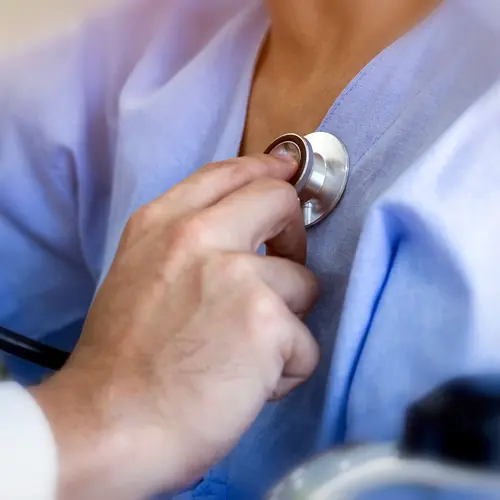Heart disease is the leading cause of death for men in the United States.
But thanks to many new life-saving treatments, heart attacks don’t have to be fatal –- sometimes, they don’t even slow you down too much. The trick is to know the signs and get help right away.
Symptoms can vary from person to person and even from one episode to another in the same person. Some come on suddenly, and others give plenty of warning. Still, there are some common signs of heart attacks in men.
Chest Pain
This is the most common symptom of a heart attack in both men and women. Most often, it starts slowly with mild pain or discomfort. A sudden onset of severe symptoms is sometimes called a “Hollywood heart attack,” because of the typical way heart attacks have been portrayed in movies and television. A heart attack can happen this way, but it doesn’t that often.
Chest Discomfort or Pressure
The pain can be severe, but it doesn’t have to be. It can be a feeling of “fullness,” squeezing, or pressure. It can even be mistaken for heartburn. The discomfort often happens in the left or center of your chest. The feeling may last for more than several minutes, or it may come and go.
Pain in Other Parts of Your Body
Pain or discomfort sometimes shows up in other areas because they’re not getting enough blood. Usually, it’s an area of the body that’s above the waist, including the upper part of your stomach, your shoulders, one arm (probably the left) or both, your back, neck or jaw, even your teeth.
Other Symptoms
Shortness of breath, called dyspnea, can happen with or without chest pain and may even be your only symptom. It can happen when you’re being active or not and is probably due to congestion (fluid buildup) in your lungs. You may also find yourself coughing or wheezing.
Feeling tired for no reason is another common sign. You might feel anxious, too.
Nausea and vomiting are less common in men than women. Some people say they feel light-headed or dizzy. Another possible sign is breaking into a cold sweat
The more symptoms you have, the more likely it is that you’re having a heart attack. But bear in mind, you may have no symptoms at all. These are called silent heart attacks and are more common the older you are or if you have diabetes.
Get Help
If you think there’s any possibility that you’re having a heart attack, call 911 right away.

